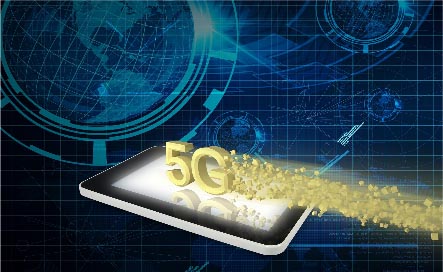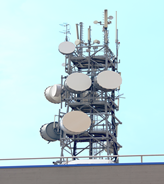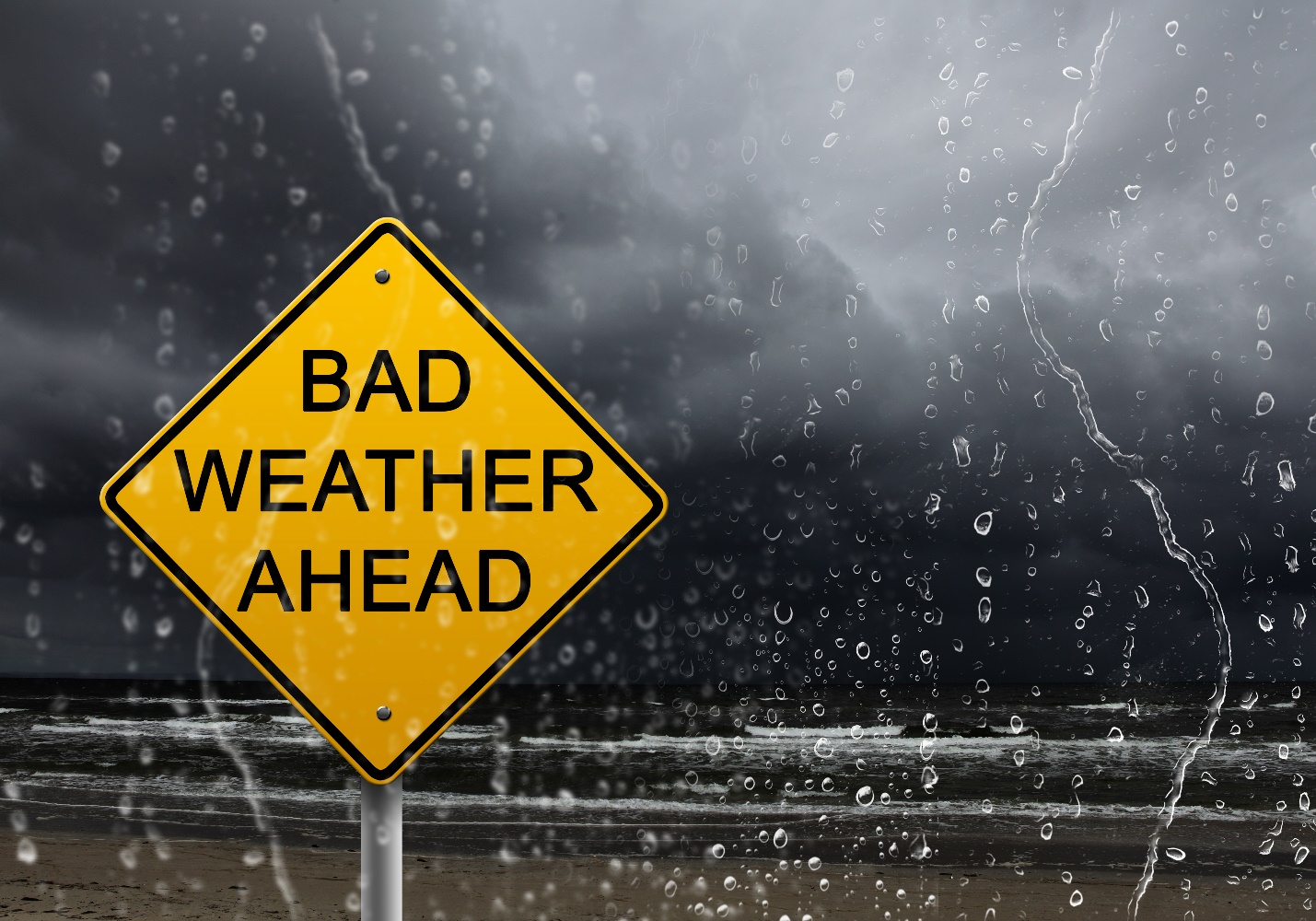Out with a Whimper: Verizon Stopped Throttling 3G and No One Noticed

Subscribers on any of Verizon’s unlimited 3G plans now have truly unlimited Internet. In a recent website update, the carrier revealed that it stopped throttling 3G accounts back in June. Throttling 3G, the practice of slowing down users’ speeds once they reach an arbitrary data limit, affected 5% of the carrier’s unlimited 3G subscribers [1]. None of them, apparently, noticed the change.

It’s no surprise that subscribers – even the 5% whose speeds were affected – were taken off guard by the recent reveal. Verizon never informed customers of the policy change directly. The nondescript website update was the first time in months the carrier referred to throttling at all. The policy, for its part, never identified the arbitrary data limit when throttling began and, therefore, was never straightforward enough to be predictable.
As underwhelming as the official announcement was, it puts to rest a controversial practice that Verizon once insisted was crucial to regulating “fair use.” There are, likely, two factors that changed Verizon’s mind: the FCC’s recent net neutrality rulings and the dwindling number of 3G subscribers.
In June, the FCC cracked down on throttling policies it felt were far from “fair.” First, the department recommended a record $100 million fine for AT&T’s for misleading customers on its throttling practice. Then it passed a number of net neutrality rules that included a ban on throttling specific applications or specific activities (like online gaming or video streaming).

Intimidated by the FCC’s tough stance and the bad publicity it was generating [2], Sprint abandoned throttling completely that month. We didn’t know it then, but so did Verizon. The FCC certainly made it clear, that month, how low its tolerance was on the issue. At that point, unlimited data plans, which the carriers were quietly abandoning anyway, were almost not worth a $100 million fine.
There was (and is) also a practical reason to abandon throttling. As users leave Verizon’s 3G network for the higher speeds of 4G LTE, the network’s available bandwidth expands proportionally. Throttling 3G was introduced to preserve a limited supply of network bandwidth (and carrier profits) against heavy users. Now that bandwidth is no longer a limited commodity, throttling is irrelevant.
Carriers still derive monetary benefit from throttling heavy users (that’s why AT&T and T-Mobile still do it), but the benefit is less than it was when 3G was a hot commodity. Verizon certainly did not eliminate throttling as a marketing ploy (it doesn’t even offer unlimited plans to new customers). The carrier must, then, have decided the practice was genuinely no longer useful.
Now that both Verizon and Sprint have officially abandoned the practice of throttling 3G, let’s examine the throttling policies of the two remaining national carriers:
– Stung by the FCC’s $100 million blow, AT&T’s defensive throttling policy makes it clear that it will slow the Internet for subscribers on unlimited plans that use over 22 GB in a month [3].
– T-Mobile’s policy is just slightly worse than AT&T’s. The carrier slows speeds for any subscriber on an unlimited plan that uses over 21 GB in a month [4].





